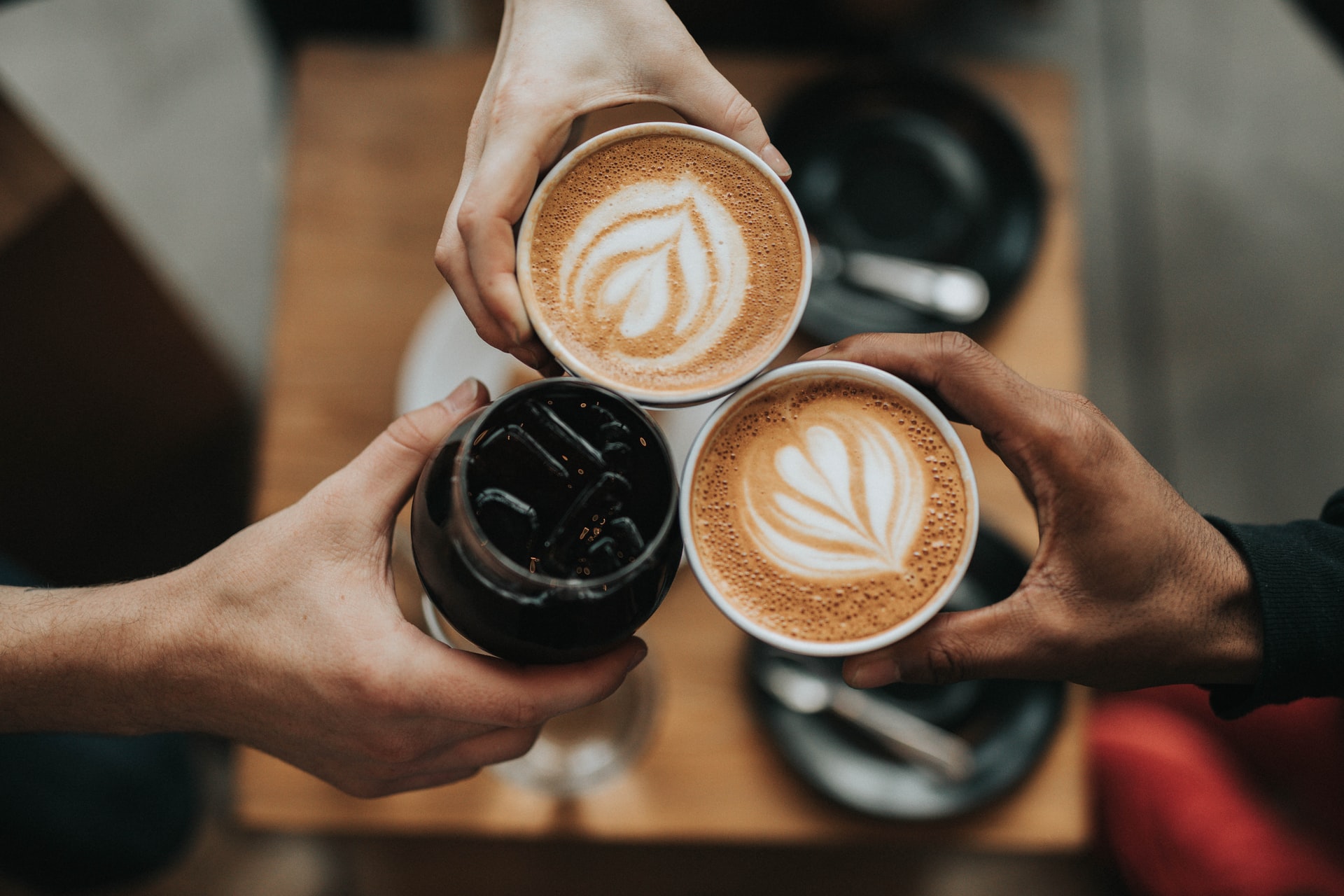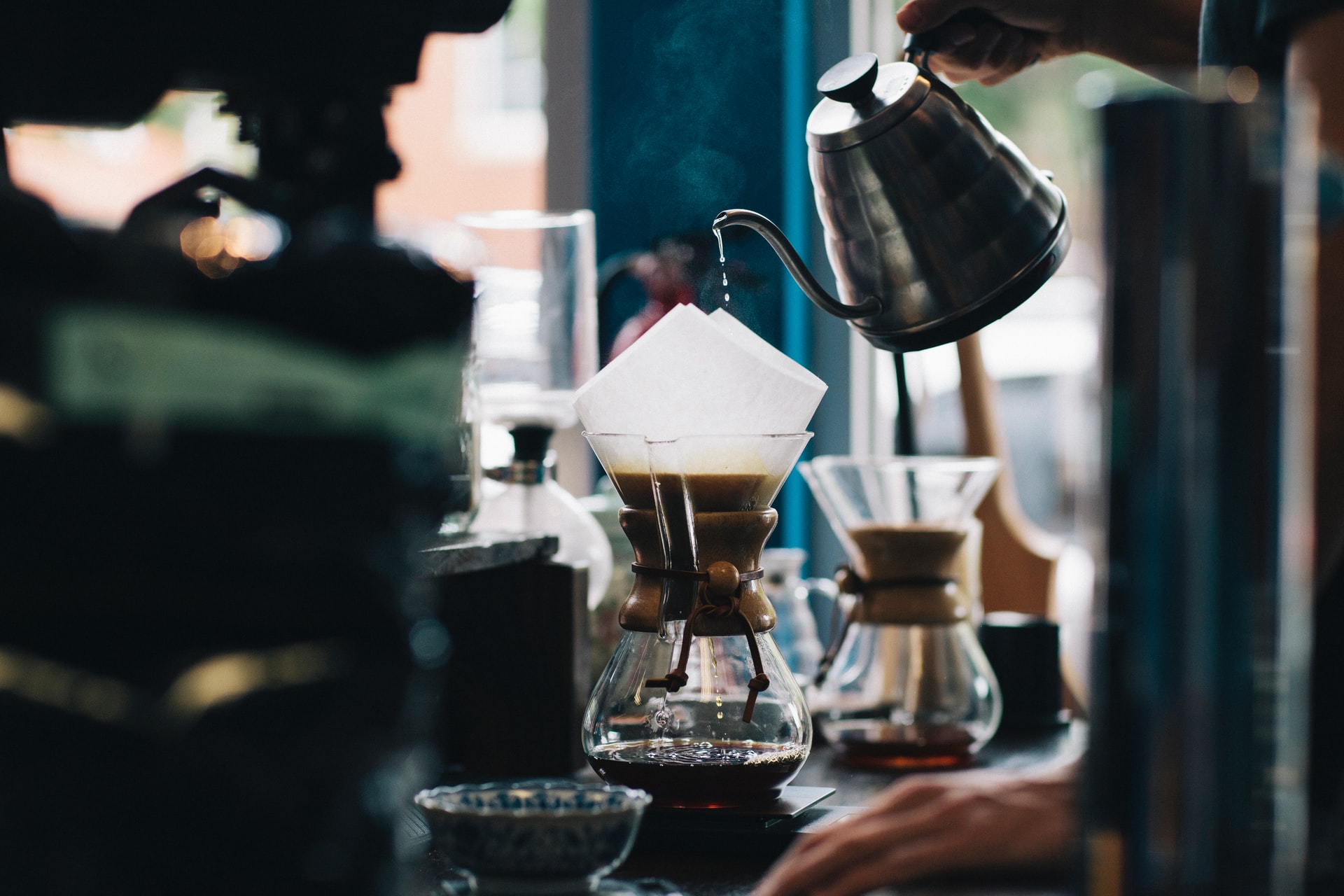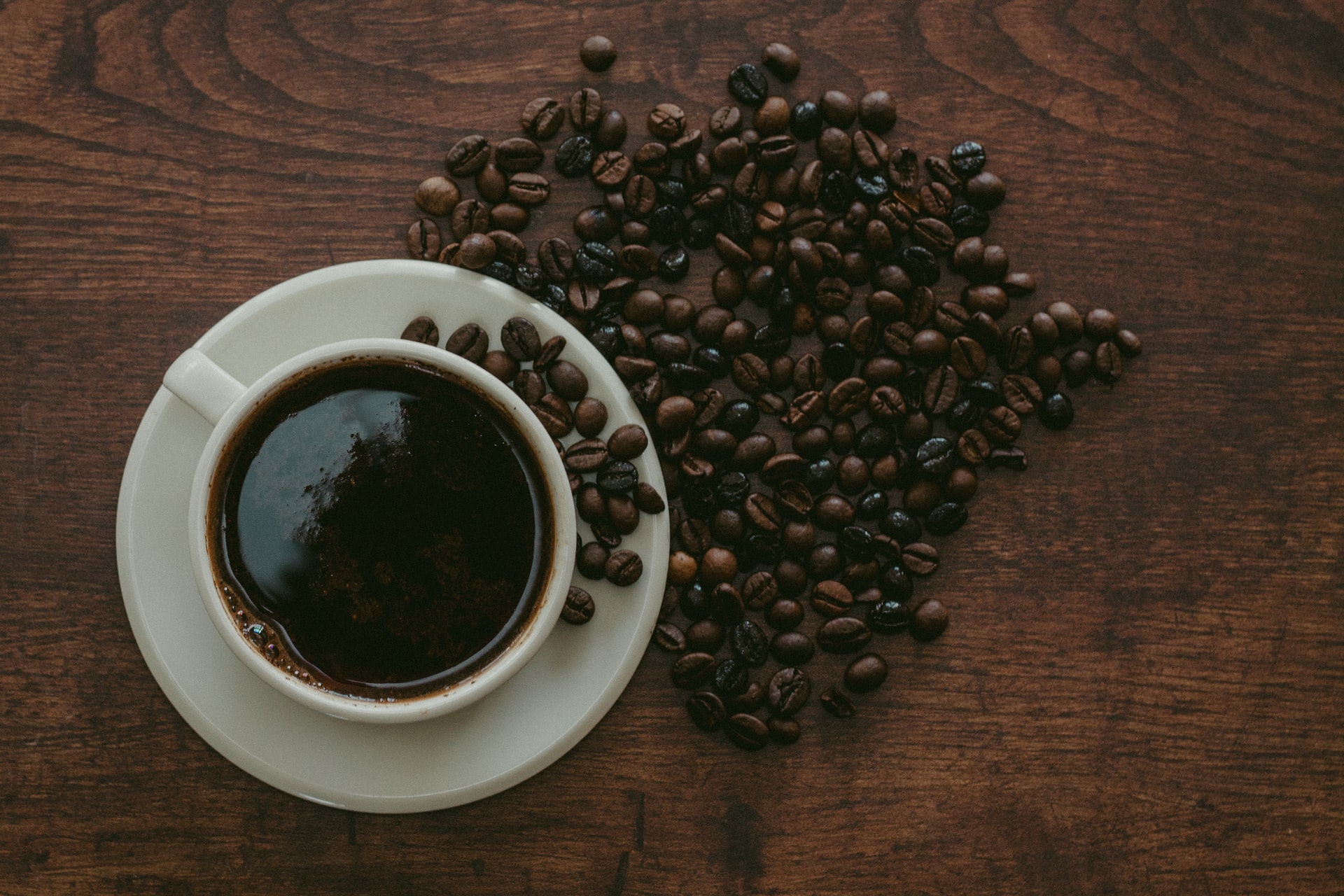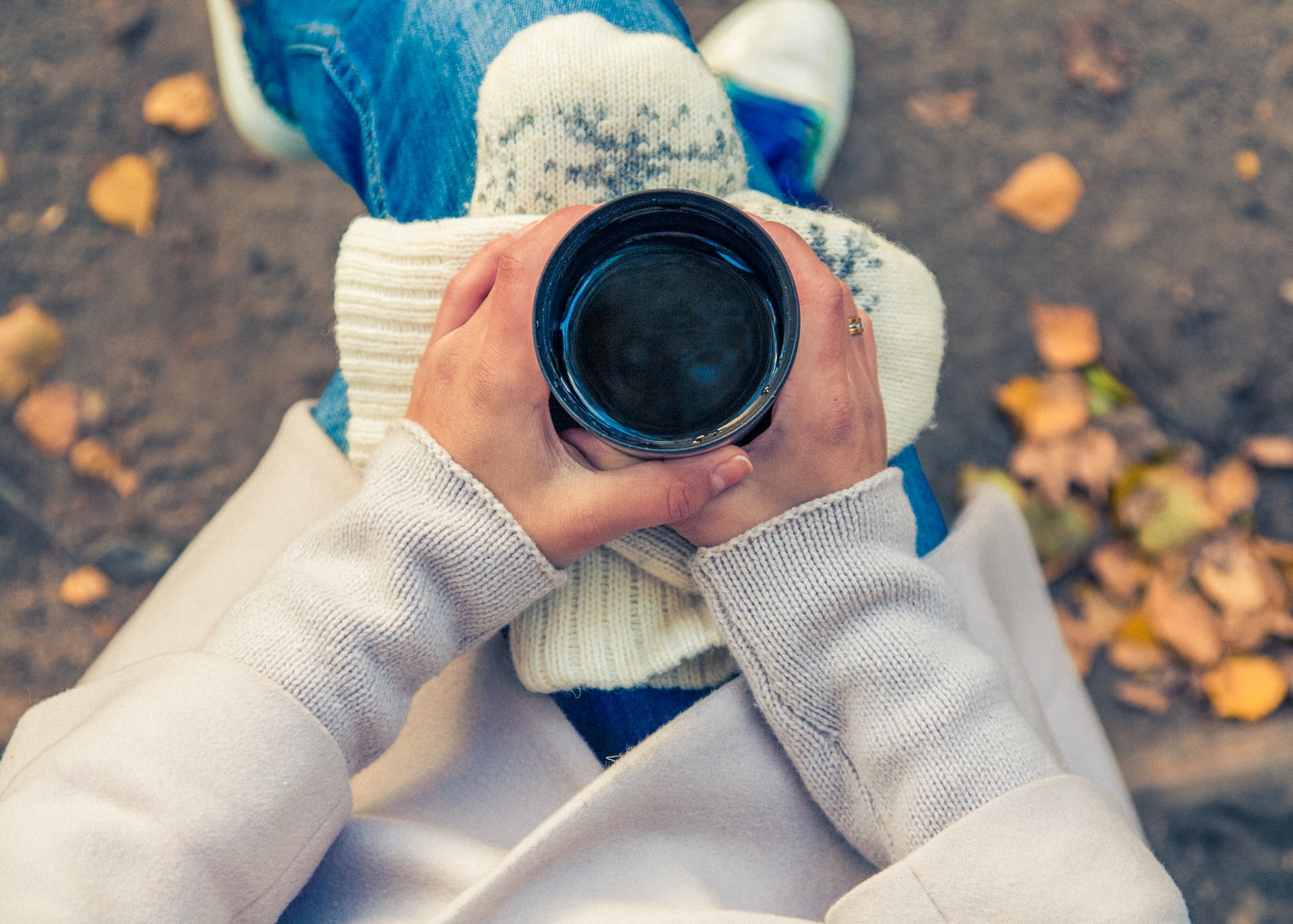It’s pretty safe to assume that many of us adults run on coffee. Some of us reach for coffee first thing in the morning, or just after lunch when that afternoon drowsiness sets in.
Of course, those of us who love coffee – or more accurately rely on coffee – know that the humble cup of joe doesn’t always work when we need it to. Sometimes, rather than perking us up like we need it to, the coffee just ends up making us feel more tired than anything else.

While some of us might think that we’ve grown resistant to coffee, there might be more to it than just an immunity. There are many reasons why our coffee might not be working for us. But the first thing that we need to understand is how it works.
Coffee is made up of caffeine, a stimulant that affects the nervous system. When it’s working, it sends a message to the brain to release hormones in the body to increase blood pressure and heart rate. This boost within our cardiovascular system makes us feel alert and energized because it brings more oxygenated blood into our body’s tissue.

Another way that it helps keep us awake is basically because caffeine blocks the brain’s receptors from receiving a neurotransmitter called adenosine. Adenosine causes us to feel fatigued. Essentially, it’s just delaying the inevitable by blocking the sense of fatigue. However, once the caffeine has worn off, it makes you feel all the built-up adenosine.
But coffee is also a diuretic, which means that it makes you have to pee a lot more. This increase in urination can actually make you feel tired because the more you lose water, the more your blood thickens meaning that it travels through your blood vessels that bit slower.

Additionally, caffeine is also a vasoconstrictor, which means it makes your blood vessels (the arteries and veins) narrower. Because of the thicker blood and constricted blood vessels, oxygen won’t make it through your body quite as quickly, meaning that oxygen deprivation makes you feel tired.
This is when you might be tempted to make yourself another cup of coffee as you’ll be assuming that the effects of the caffeine have worn off. While you might think this is a good idea, you’re actually setting yourself up to feel more tired.

If you are someone who puts sugar in their coffee there is the added sugar crash that comes along with the caffeine comedown. Overall, what you want to do in order to not feel sleepy after having coffee is to make sure that you stay well-hydrated.
That means that for every cup of coffee that you drink you also want to have a glass of water in order to lessen the fatigue effects that the coffee might have on your body.













